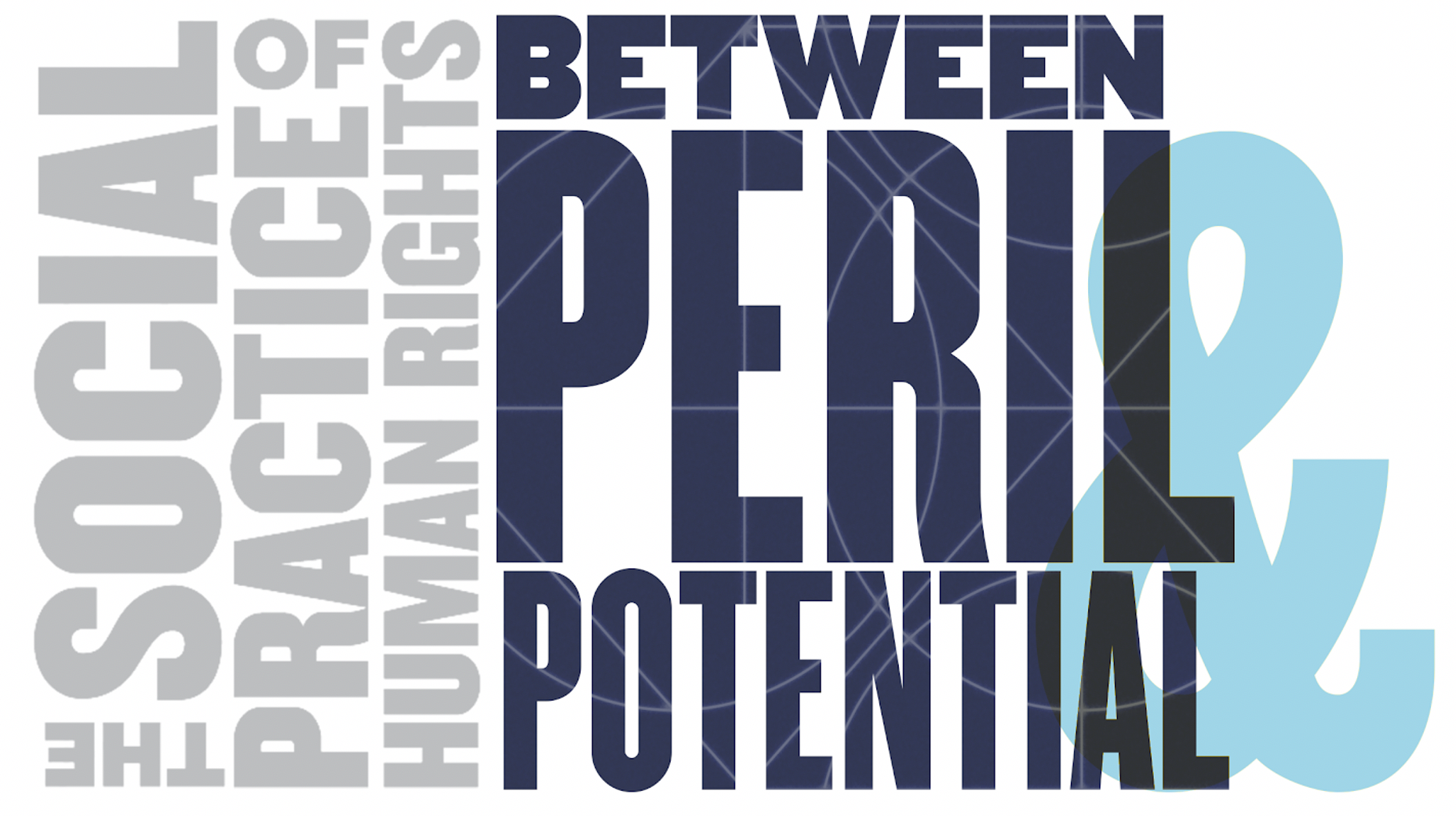Paper/Proposal Title
Defecatory Justice and the Human Right to Sanitation
Location
Presented remotely
Start Date
12-2-2021 4:15 PM
End Date
12-2-2021 5:45 PM
Abstract
The human rights (HR) to food, nutrition, water and sanitation exist within various United Nations’ (UN) founding HR documents though not explicitly stated (1948 UNDHR, 1966 ICESCR). Most recently, the UN General Assembly Resolution (64/292) in 2010 about the human right to water and sanitation. In the MDGs sanitation barely registers as important, but as sanitation’s importance became increasingly obvious, SDG6 was dedicated to focusing on the participation of local communities in the crucial--if taboo--conversation about and governance of safe sanitation. Beyond establishing regulatory frameworks that shape the options for the handling of sanitation, the lens of a social practice of human rights opens space for a crucial conversation on the colonial history of sanitation politics and a toward a future where dignified, ecological sanitation innovations can be discussed. Ways to fulfill human rights and replenish planetary soil, fertilizer, energy, and other resources are crucial for collective survival--building wisdom about our “waste” is central to this endeavor. Ingenious examples from Kenya, the United States, and India will guide the conversation.
Defecatory Justice and the Human Right to Sanitation
Presented remotely
The human rights (HR) to food, nutrition, water and sanitation exist within various United Nations’ (UN) founding HR documents though not explicitly stated (1948 UNDHR, 1966 ICESCR). Most recently, the UN General Assembly Resolution (64/292) in 2010 about the human right to water and sanitation. In the MDGs sanitation barely registers as important, but as sanitation’s importance became increasingly obvious, SDG6 was dedicated to focusing on the participation of local communities in the crucial--if taboo--conversation about and governance of safe sanitation. Beyond establishing regulatory frameworks that shape the options for the handling of sanitation, the lens of a social practice of human rights opens space for a crucial conversation on the colonial history of sanitation politics and a toward a future where dignified, ecological sanitation innovations can be discussed. Ways to fulfill human rights and replenish planetary soil, fertilizer, energy, and other resources are crucial for collective survival--building wisdom about our “waste” is central to this endeavor. Ingenious examples from Kenya, the United States, and India will guide the conversation.



